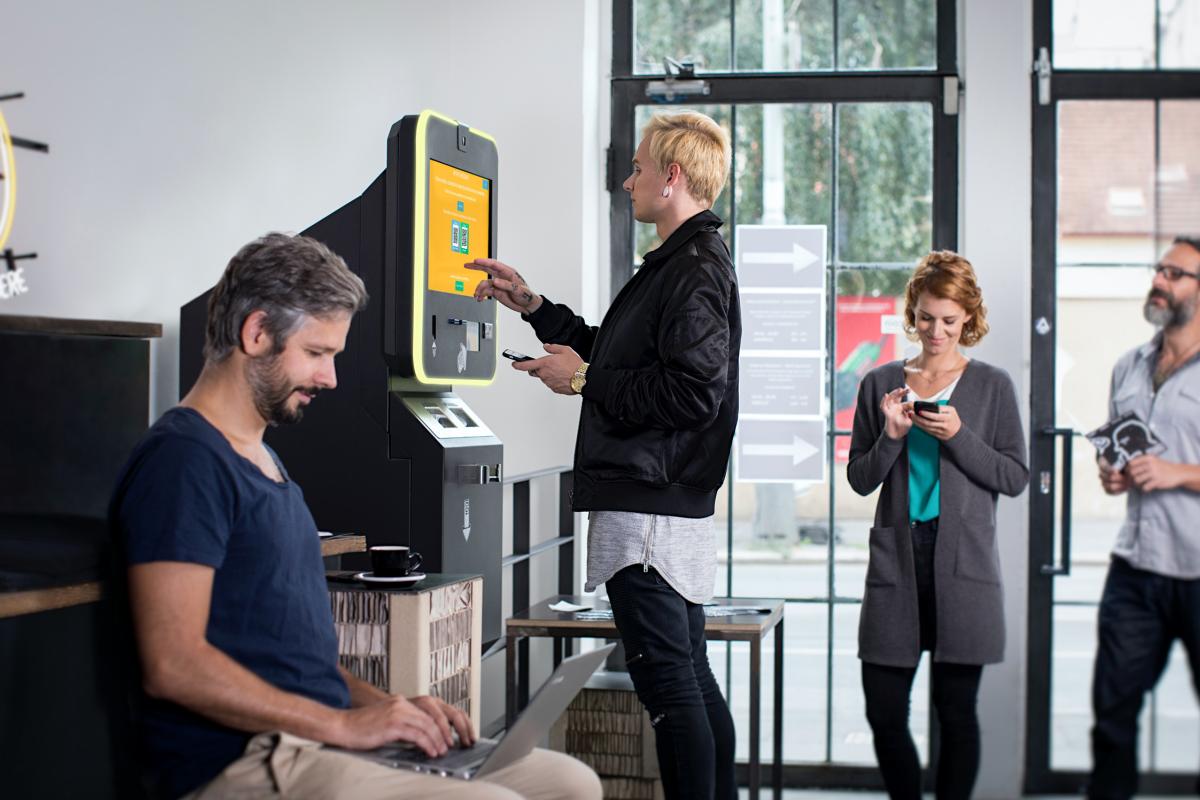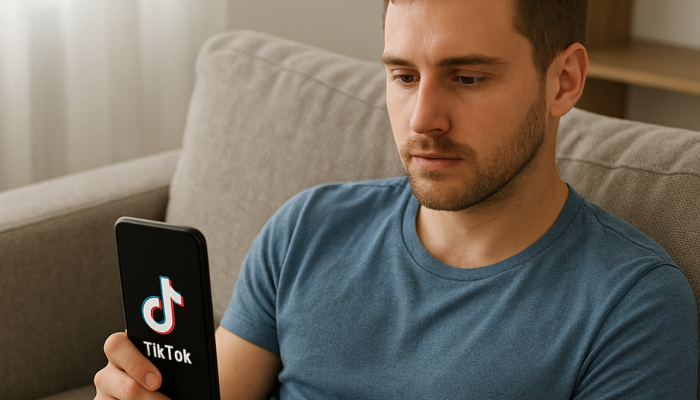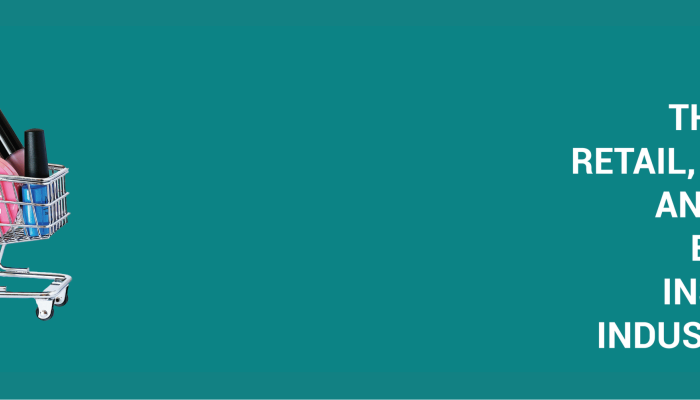Do you want to stop your customers leaving your brand due to CX (customer experience) issues? I assume so. That’s why reducing how much of your customer’s time you’re perceived as wasting should be your CX priority.
A CX which wastes people’s time is a bad CX. But do you know the psychological reasons why wasting people’s time creates so much negativity? Or more importantly how to use psychology to stop the negative consequences of a time-wasting CX?
If not, read on. It won’t be a waste of time. I promise.
The first thing we need to know is that time isn’t about what’s on a clock face. It’s about what’s in our mind. Why else do perceptions of time matter more than time itself?
Perceptions of time matter more than time itself
How quick a CX is matters less than how quick it’s perceived to be. Our perception of time is affected by factors like pace and the order in which we experience things (Trautman). That’s why 5mins in traffic feels longer than 5mins traveling at 30mph.
Houston Airport recognized this. Their customers were complaining about how long it took them to leave the plane and get their baggage. It was a 1min walk from the gate. Then a 7min wait to get their bag. To fix this, Houston Airport increased the distance from the gate to the baggage carousel. This meant customers spent 6min walking and 2min waiting for their bag. Complaints fell to 0%.
Perception meets psychology
Whether a CX wastes our time or not doesn’t matter. If it’s perceived to be a waste of time it does matter. A lot. Why?
Because when our time is wasted, there’s several potential emotional reactions. Three of which we’re all familiar with. None of which are good for your brand.
#1. Impatience: the dangerous outcome of wasting time
People get impatient when they have a goal, and they realize it’ll take longer to achieve than they thought. People then switch their goal or reduce the cost (either financial or psychological) of meeting it. The Research Centre for Behavioral Economics & Decision Making has shown that people will make these changes even if they’re risky. To the extent that impatient people have lower credit scores.
As marketers this means if we let customers get impatient, we risk them not wanting to engage with our brand. Even if doing so is in their interests.
#2. Boredom: the deadly outcome of wasting time
People get bored when their brains don’t have enough information to process (Zakay). And what’s worse is that when people get bored they perceive time to move slower than it actually is. So, if your CX doesn’t give people enough stimulus to process, you bore them AND they think your CX is slow.
The behavioural consequence of this is that people are less likely to think clearly. To the point that they act impulsively and out of character. The solution to this? Queue Theory. This is the study of the science of queueing. Or as Agner Erland – who founded queue theory – simply puts “the misbalance of supply and demand.”
We can see CX solutions based on Queue Theory all around us. Self-serve checkouts – which take longer than standard checkouts – keep us thinking and prevent boredom. The loading bar on internet browsers shows us we’re making progress. Disney even put on comedy shows for queueing guests to prevent boredom.
#3. Anger: the destructive outcome of wasting time
At its worse, a time-wasting CX can anger your customers. Three key triggers of anger are anxiousness, lengthy periods of frustration and feeling disrespected. We can develop all of these by having our time wasted.
What does this mean for CX though?
Jennifer Lerner’s research states that angry people are more likely to blame individuals (like a CX representative) for their anger-inducing issues vs. a broader group. That’s not all. Henk Aart’s lab studies show angry people want rewards quickly. In a CX context this means angry people want their problems solved faster than anyone else.
What next for the business of time?
Wasting people’s time with bad CX can be costly. But equally managing feelings of time can be profitable. Uber has monetized time-based anxiety by removing the uncertainty around taxi waiting times. Stella Artois has framed waiting times as a quality cue with their tag line ‘good things come to those who wait.’
These brands aren’t alone. Every CX involves a transaction of someone’s time. That’s why we all need to understand the psychology of time. And most importantly, how we can apply to our CX. Because doing so will keep our customers happy. And most importantly, keep them loyal. And I’m sure that’s something we all have time for.
Jack Miles is a Senior Research Director at Northstar/HarrisX. He has 15 years' experience in international research. He specialises in quantitative research methods and strategic insight such as segmentation, brand health, pricing and using research for thought leadership.



